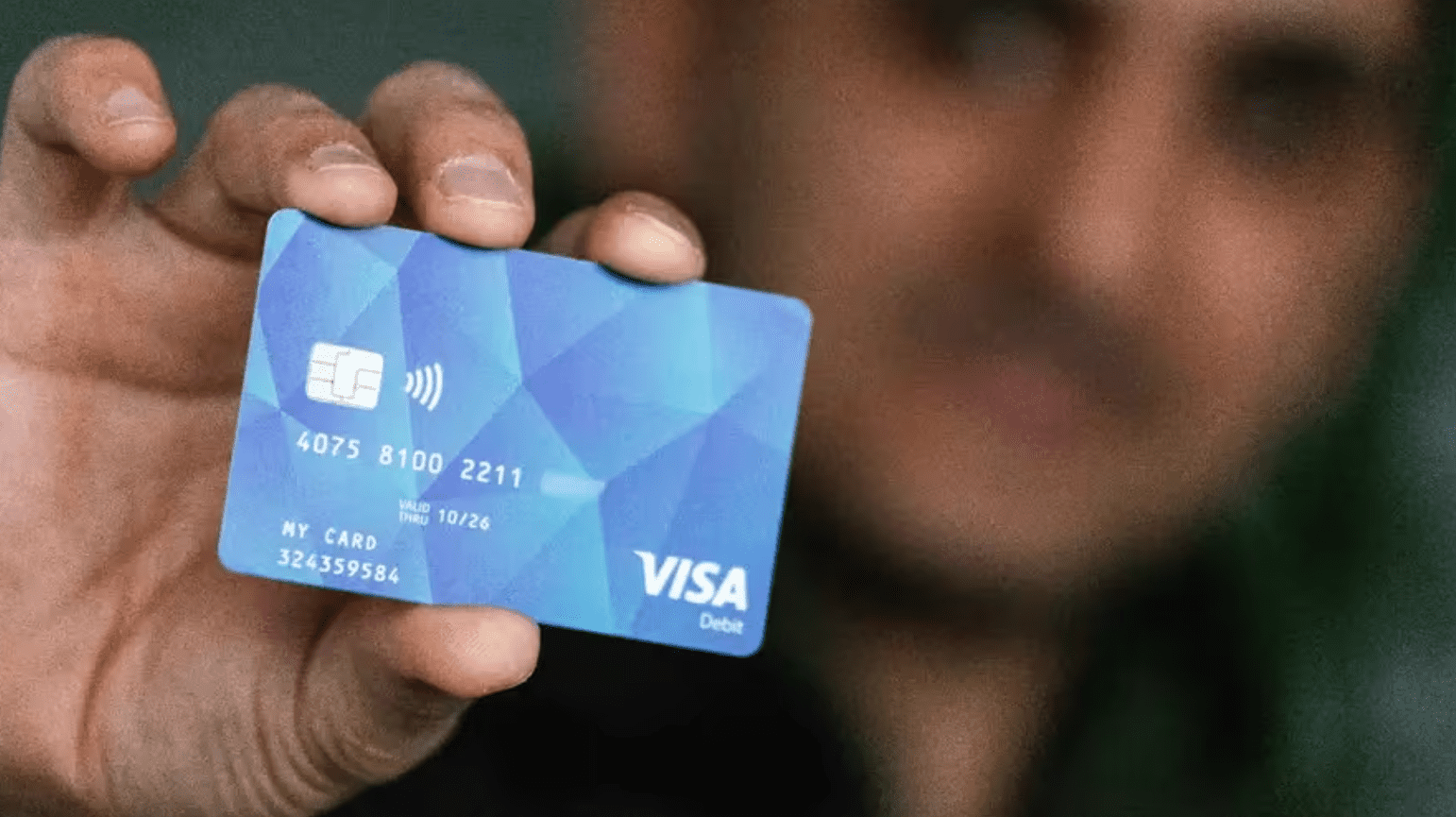“In Germany, the majority of federal states – 14 out of 16 – supported the idea of introducing and implementing a project to create a cashless payment card for refugees to receive funds. This innovation will also apply to those who moved to Germany from Ukraine. Currently, most recipients of benefits can use the money in cash. Now these funds can be spent only in Germany, RND reports. It will be technically impossible to transfer money or pay for online purchases in other EU countries or around the world. There are other significant limitations.”ZN.UA writes .
At the same time, the original news article explains the reasons for the introduction of the innovation – it is aimed at combating illegal migration. Ukrainians are known to stay in Germany legally.
The payment card is an important step to reduce incentives for illegal migration to Germany, says Jens Spahn, deputy chairman of the CDU/CSU parliamentary group.
Accordingly, the headline in ZN.UA, “Ukrainian refugees in Germany will receive money on special cards with strict restrictions”is partially manipulative, as it does not indicate that the alleged restrictions apply to all refugees from all countries, according to the Research and Analysis Group InfoLight.UA.
What is a payment card and how does it work?
In the future, asylum seekers will be able to make cashless purchases with a payment card – just like with an EC card. Refugees should receive at least part of their payments in the form of a credit card. The card is supposed to work without an account. The amount of assistance, which is then paid in cash, is determined by each federal state independently. Possible additional functions of the card are also a matter of each individual country.
In addition, it should be possible to restrict the use of the card at the regional level in certain countries. Technical processing, on the other hand, should be regulated uniformly throughout Germany.
When will the payment card be introduced?
So far, there is no specific date for the introduction. However, it is expected to start in 2025. The corresponding tender for the service provider will begin on January 31, 2024.
Who is involved in the project?
So far, 14 of Germany’s 16 federal states have participated. Bavaria and Mecklenburg-Vorpommern want to go their own way.
Can I transfer money abroad?
No. This was done to prevent refugees from sending money from Germany to relatives and friends in their countries of origin. It also aims to remove the incentive to flee to Germany for financial reasons and the possibility of payment for smugglers. In addition, it should be possible to pay by card in Germany.
Can I withdraw cash from the card?
In principle, this is possible, but only up to the maximum amount. The exact amount of this amount is still being discussed. Card-to-card transfers and other domestic and international transfers are not available.
Are there already pilot projects for payment cards?
Some regions of Germany have already introduced test versions of payment cards. Hannover, for example, works with the so-called Social Card, where the city transfers its social benefits to the card on a monthly basis. It is based on a traditional Visa debit card and has virtually no restrictions. In Bavaria, the first pilot projects are to be launched in the spring.
Meanwhile, the Wartburgkreis in Thuringia will introduce a payment card for refugees in a few weeks. The first 100 cards are to be issued on March 1. Then they can be used only within the district – wherever credit cards are accepted.
What do supporters of the new system say?
The Berlin Senate is considering the introduction of a payment card for asylum seekers as a way to reduce the administrative burden. The German Association of Cities and Municipalities also supports these plans. From a municipal point of view, payment cards are a good block to limit migration and control integration, said Managing Director Andre Berghägger on ARD TV.
What do the opponents say?
The project has been criticized, in particular, by the Berlin Greens. The card, in their opinion, will stigmatize refugees and limit their right to self-determination, said Jian Omar, the Greens’ spokesman on migration in the House of Representatives. Doris Lemmermeyer, the Brandenburg Commissioner for Integration, also called the plans a form of discrimination. Therefore, the federal government’s Commissioner for Integration, Rim Alabali-Radovan, demanded that payment cards be offered by regular banks.
Pro Asyl criticizes the introduction of a payment card. “Restrictions on social benefits are unlikely to play a role in asylum, but their discriminatory effect is undeniable,” the organization said in a statement on its website in December 2023. Therefore, Pro Asyl requires, among other things, that cash withdrawals and participation in cashless payment transactions are possible for refugees without restrictions and that the card is not restricted at the local level.
There is also criticism of the payment card from the scientific community. Migration researcher Herbert Brucker sees risks if the map is not designed wisely. “If, for example, this card is limited to certain suppliers, such as supermarket chains, there may be price increases.” This would be possible if retailers knew that asylum seekers could not easily switch to other suppliers, Brucker said in an interview with the German Press Agency. Brucker also believes that the effect of remittances


Leave a Reply